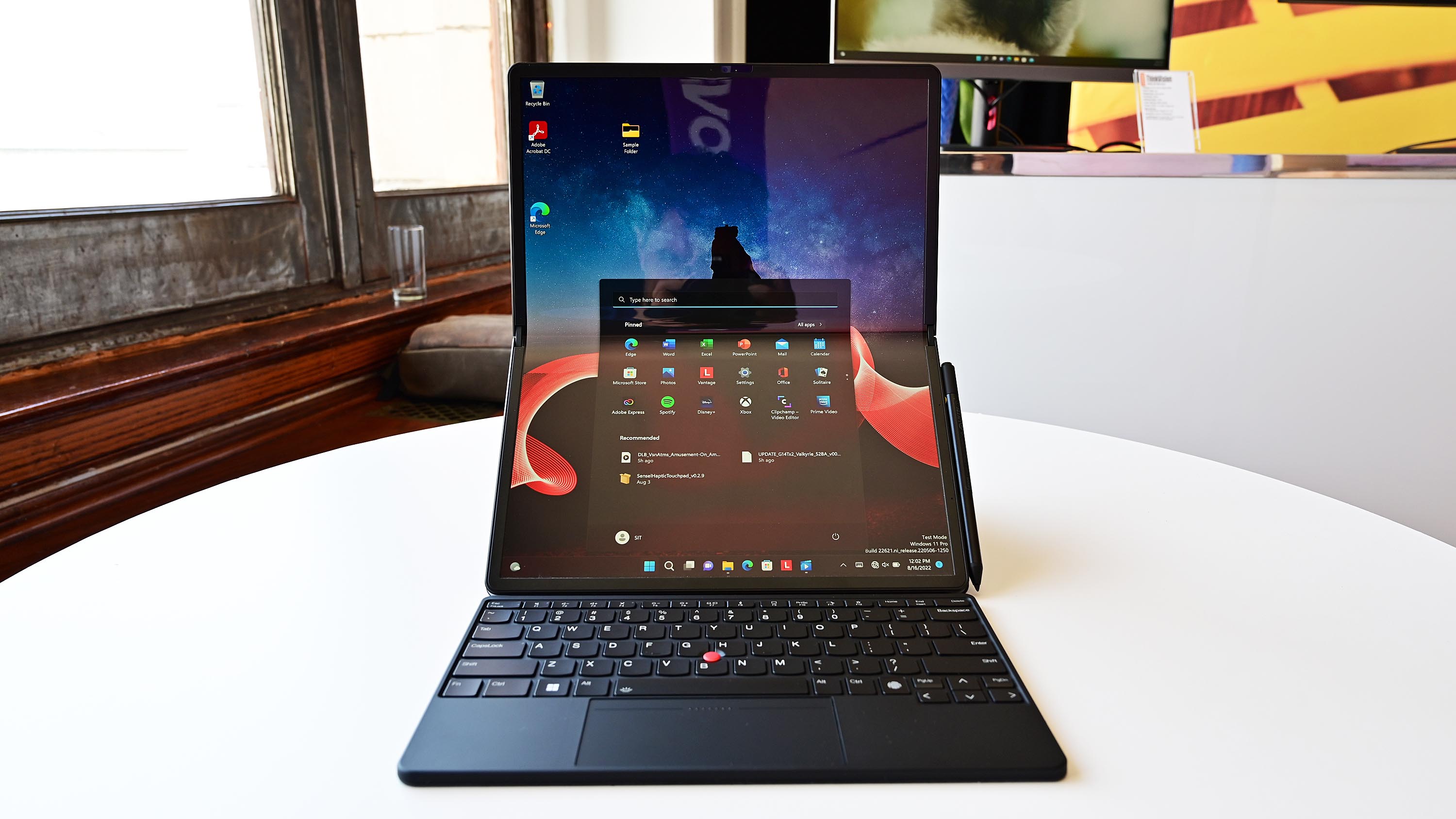What you need to know
- ASUS and Lenovo both revealed foldable PCs earlier this month.
- Our colleague MrMobile compares the two in his review of the ASUS Zenbook Fold.
- The Lenovo ThinkPad X1 Fold is larger, cheaper, and more refined than its competitor from ASUS.
ASUS and Lenovo both unveiled foldable laptops earlier this month. The ASUS Zenbook 17 Fold and Lenovo ThinkPad X1 Fold are the first pair of PCs in what could be a wave of foldables. But unless you live and breathe foldable PCs, you likely don’t know all of the differences between the two models. Purchasing both of them would cost about $6,000, so the average consumer isn’t going to get their hands on both of them. In comes our friend and colleague Michael Fisher, aka MrMobile.
Fisher reviewed the ASUS Zenbook 17 Fold, and as part of his review, he stacked it up against the Lenovo ThinkPad X1 Fold. His entire review is worth a watch, but you can jump to the 8:28 mark if you’re only concerned with how the two folding laptops compare to each other.
“While I think the Zenbook Fold is great competition for Lenovo’s first flexible screen machine, well, as they say, that was then,” said Fisher. “Just this week, Lenovo took the wraps off its new ThinkPad X1 Fold for 2022. And after about an hour of getting to know that device, I got the strong sense the company isn’t eager to give up any ground in foldables.”
He then goes on to compare the displays, form factors, and overall designs of the two laptops. We won’t spoil his conclusion here, but you likely won’t be surprised if you assume a second-gen device would be more refined than a company’s first machine within a category.
If you’d like to see how the two laptops compare in even more depth, our senior editor Cale Hunt has a complete guide on the Lenovo ThinkPad X1 Fold (Gen 2) vs. the ASUS Zenbook 17 Fold.
Over half of our polled readers plan to purchase a foldable PC at some point, though many of them will wait for over a year.
Of course, no matter how good hardware is, it can be held back by software. Our senior editor Zac Bowden argued that Windows 11 is not ready for foldable PCs.





